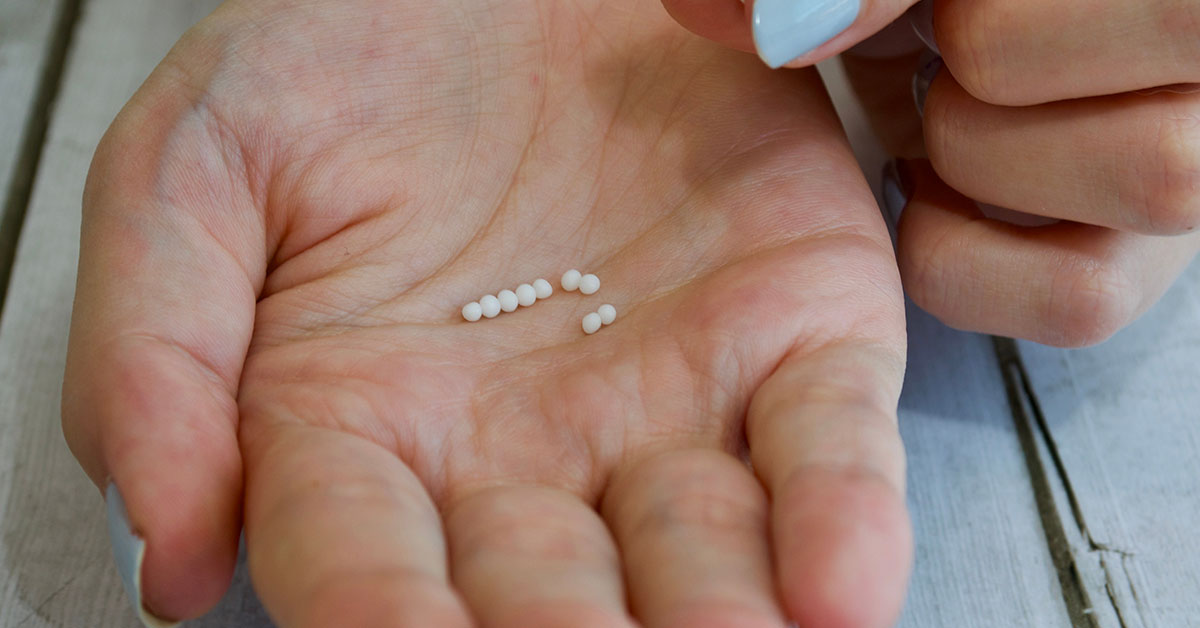
Decoding Fitness Labels: What to Look for in Healthy Snacks
TABLE OF CONTENTS
The Importance of Fitness Food in a Healthy Lifestyle
Nutrition is a critical component of fitness, playing an equally important role as physical exercise. In fact, your diet can significantly impact your performance, recovery, and overall health. Incorporating fitness food into your daily routine ensures that your body receives the necessary nutrients, supports muscle growth, and enhances your metabolic rate.
Whether you’re an athlete, a fitness enthusiast, or someone just venturing into the world of exercise, understanding the relationship between nutrition and fitness can be pivotal. This article delves into the different types of fitness food, their benefits, and how you can implement them into your lifestyle.
Macronutrients and Their Role
To comprehend fitness food, it’s essential to understand the primary macronutrients: proteins, carbohydrates, and fats.
Proteins
Proteins are the building blocks of muscle, aiding in repair and growth. They are critical after a workout session as they help in muscle recovery. Foods rich in protein include lean meats, dairy products, legumes, and eggs.
Carbohydrates
Carbohydrates are the body’s primary energy source. They fuel the body during workouts, enabling you to perform at your best. Consuming complex carbs like whole grains, fruits, and vegetables ensures a steady release of energy.
Fats
Healthy fats play a significant role in hormone production and nutrient absorption. Incorporating sources of fats like avocados, nuts, and olive oil is essential for a well-balanced diet.
Fitness Food for Pre-Workout Nutrition
The food you consume before working out can have a profound effect on your energy levels and performance. Optimal pre-workout foods are high in carbohydrates and moderate in protein.
- Bananas: Known as a powerhouse of energy, bananas provide quick-digesting carbohydrates and potassium.
- Oatmeal: A complex carbohydrate, oatmeal offers sustained energy and is versatile enough to add fruits or nuts.
- Brown Rice with Chicken: This combination provides lean protein and complex carbs.
Post-Workout Nutrition
After a workout, your body needs to replenish glycogen stores and repair muscle fibers. The ideal post-workout meal consists of protein and carbohydrates.
- Grilled Salmon: High in protein and omega-3 fatty acids, it aids muscle recovery.
- Quinoa Salad: An excellent source of protein and fiber.
- Yogurt with Berries: Offers protein and antioxidants to combat post-workout inflammation.
Hydration: The Unsung Hero
While often overlooked, proper hydration is crucial. Water regulates body temperature and helps in transporting nutrients. Integrating fluids like coconut water, which is rich in electrolytes, or herbal teas can be a refreshing way to meet hydration needs.
Incorporating Supplements
For some individuals, incorporating supplements might be beneficial. While a well-balanced diet should provide sufficient nutrients, supplements like protein powders, creatine, and some essential vitamins can support fitness goals. For further insights into the world of supplements, you may explore this blog.
Ethical Considerations of Fitness Supplements
The use of steroids and other performance-enhancing drugs is a controversial topic. They are banned in most sports due to ethical concerns and health risks. However, with the growing demand for USA domestic steroids, it’s crucial to make informed decisions and consider alternative ways to boost performance ethically. For more information, you can visit this Quora discussion.
Conclusion
Fitness food plays a pivotal role in any fitness regime. Understanding your personal nutritional needs and how to meet them through balanced meals and, if necessary, supplements, can greatly influence your progress and overall health. Remember, the key to a successful fitness plan is consistency in both diet and exercise.
For additional perspectives on fitness, be sure to follow trusted news sources such as the CNN YouTube channel, which often features health and fitness news.
FAQs
Q: Can I rely solely on supplements for my dietary needs?
A: No, supplements should complement a balanced diet, not replace it. Whole foods provide a range of nutrients and fiber that supplements can’t match.
Q: Is it necessary to eat immediately after a workout?
A: While it’s beneficial to consume a post-workout meal within 2 hours to optimize recovery, the exact timing may depend on personal schedules and preferences.
Q: Are fats bad for my fitness goals?
A: Not all fats are bad. Healthy fats, like those from nuts and avocados, are essential for body functions and can actually aid in reaching fitness goals.
Q: How can I ensure I’m getting enough hydration while I exercise?
A: Drink water consistently throughout the day, not just during workouts. Sports drinks can also help replenish electrolytes but are only necessary for extensive exercise.
For those interested in exploring unique career paths in the fitness world, such as becoming a body piercer, see this guide. Additionally, innovative approaches to fitness and lifestyle are often discussed on podcasts like those by Hanna Houston.
FREE SHIPPING
CLICK HERE!
HOT PROMOTIONS!
Fitness food plays a crucial role in any health and wellness journey, offering the necessary nutrients and energy to support physical activity and recovery. At its core, fitness food is designed to optimize performance, whether you’re a seasoned athlete or someone simply aiming to maintain a healthy lifestyle. Nutrient-dense foods, such as lean proteins, complex carbohydrates, and healthy fats, provide the essential building blocks for muscle repair and energy replenishment. Choosing the right kinds of foods can significantly impact your overall fitness level, enhancing not only athletic performance but also mental clarity and general well-being.
Proteins are a cornerstone in fitness nutrition, especially critical for muscle repair and growth. Consuming quality sources of protein like chicken, fish, tofu, and lentils ensures that your body has adequate amino acids to repair tissues broken down during strenuous activities. Additionally, high-protein diets can maintain satiety, which can aid in weight management by reducing overall calorie intake. Fitness enthusiasts often incorporate protein shakes or bars to their regimen, as these offer a convenient and quick source of this essential macronutrient post-workout.
Carbohydrates are another important component of fitness foods, providing the energy needed to sustain prolonged physical activities. Complex carbohydrates, such as whole grains, fruits, and vegetables, deliver a steady release of energy, critical for endurance sports or extended workout sessions. They aid in maintaining blood sugar levels and replenishing glycogen stores, promoting optimal physical performance. Many athletes incorporate pre-workout meals rich in carbs to ensure they have the energy reserves to power through their routines or competitions.
Healthy fats, though often overlooked, are essential in a balanced fitness diet. Foods like avocados, nuts, seeds, and olive oil are rich in omega-3 and omega-6 fatty acids, supporting cellular health and reducing inflammation. These fats are crucial for recovery, joint health, and maintaining hormonal balance. Consuming adequate amounts of healthy fats can also improve heart health and increase the bioavailability of fat-soluble vitamins, contributing to overall health improvements that support a fitness-focused lifestyle.
Incorporating a variety of colorful fruits and vegetables can significantly boost a fitness nutrition plan, providing essential vitamins, minerals, and antioxidants that support overall health and recovery. Micronutrients found in fresh produce are vital for immune function, reducing muscle soreness, and promoting energy metabolism. Foods rich in antioxidants, such as berries, leafy greens, and citrus fruits, combat oxidative stress that can be amplified by intense workouts. Striving for a diverse and colorful diet not only enhances physical performance but also contributes to long-term health and vitality, underpinning any successful fitness endeavor.
















